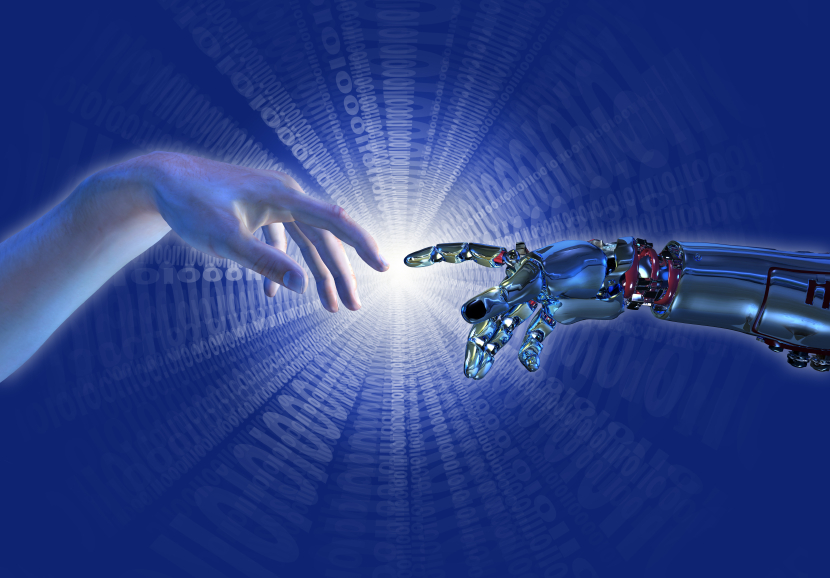In Japan, the “Pepper” robot has been on sale for approximately €10,000 since last year. Within fifteen months, over 3,000 companies and 7,000 individuals purchased a “Pepper” robot. The robot is currently sold in series, at the rate of several hundred copies per month.
For the first time, Pepper is bringing together key essential functions: it understands what is said to it, carries out physical work, creates images and representations and communicates with the rest of the world.
Serge Tisseron[1], psychiatrist and psychoanalyst focused on the relationship between human beings and humanoid robots. As far as Serge is concerned, the “carefree acceptance” by humans poses a number of problems that humans wish to overlook: “We will really be in danger when we believe that our robot is capable of love. It won’t love us but we will end up loving it. We all want to be convinced – that’s what makes us vulnerable”.
The psychiatrist went on to add that the presence of domestic robots in homes will have a negative impact on human relationships: “The robot will always agree with you, understand, indulge and flatter you. It will not detect a sentiment like shame. Consequently, it will prevent you from feeling ashamed if you act inappropriately” (see Demain, le robot ne sera pas unhumaincomme un autre– tomorrow the robot will not be like any another human).
Finally, the risk for humans is to take a liking to robots and no longer tolerate imperfect human characteristics: “People will end up asking other humans to behave like robots”. This could destroy spontaneity, fantasy and creative disorder. And simulation, which nowadays has negative connotations, will become a virtue”, concluded Serge Tisseron (see La robotiqueunprogrèsinéluctable pour unehumanité durable ? – Robotics – inevitable progress for sustainable humanity?).
[1] Author of the book, “Le Jour où mon robot m’aimera” (Albin Michel, 2015).
Sources: Le Monde (Yves Eudes) 17/10/2016
Le Monde (Yves Eudes) 17/10/2016

